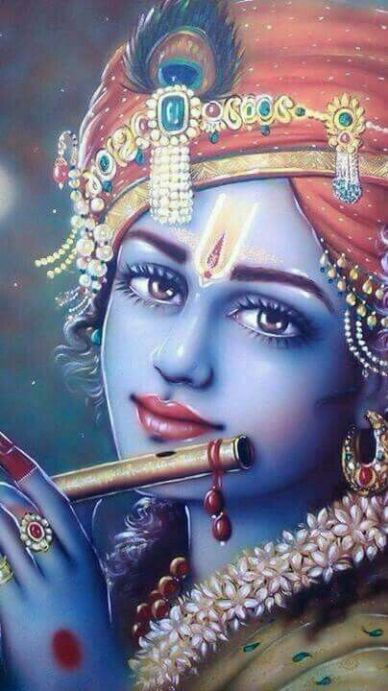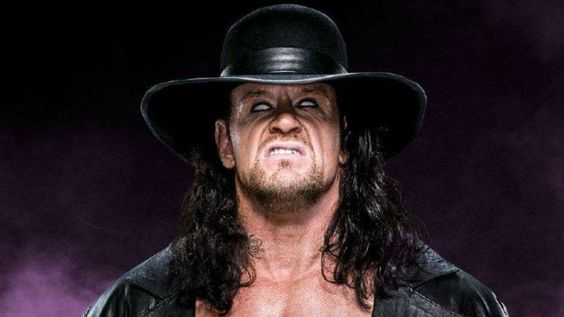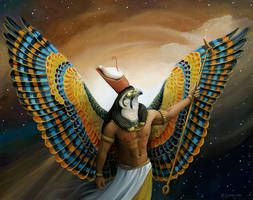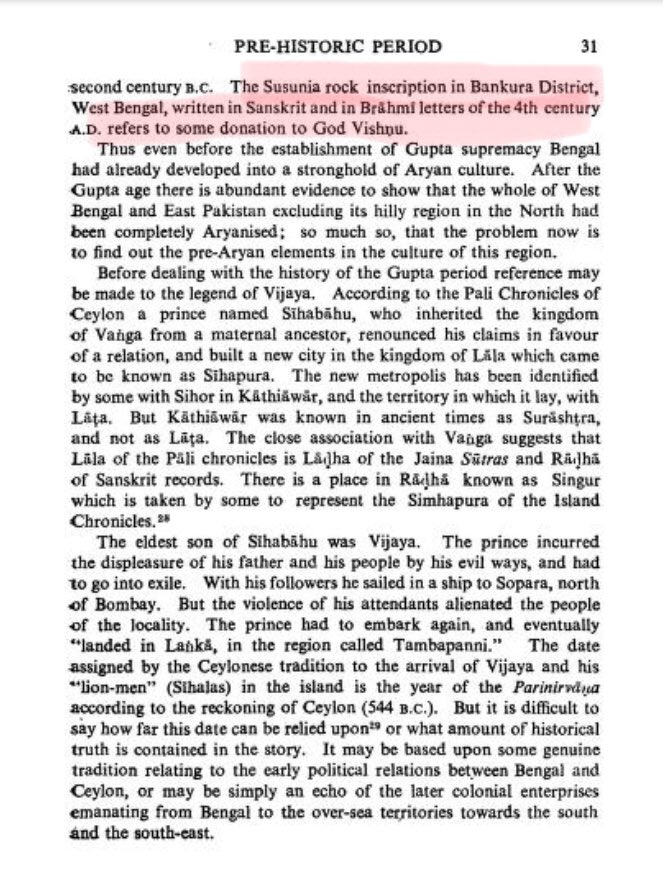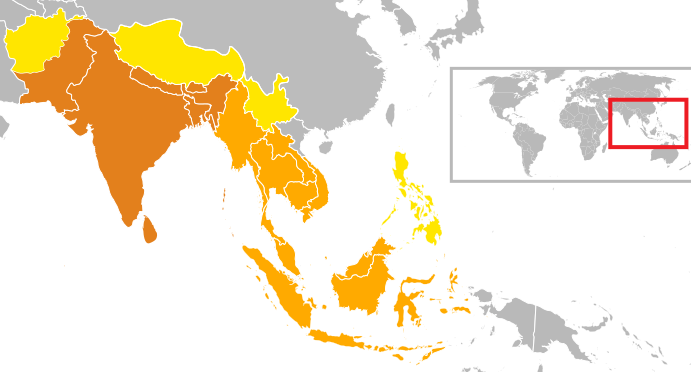Was he the basis for Christ?
Let’s break this down:
No: though his conception didn’t involve sex (Vishnu got his mother Devaki pregnant by plucking out two of his hairs; the white one became Krishna, the other became Balarama, Krishna’s older brother (who was himself thought to be a partial Avatar of
The other 6 were made in the old fashioned way.
Also, the prophecy about the virgin birth of the Messiah (i.e. Christ), found in Isaiah chapter 7, actually predates the Krishna cult. While the latter began in the 5th century BC, Isaiah wrote in the 8th to early 7th centuries BC. Though many scholars
Thus, once again, the prophecy of the Messiah’s virgin birth predates Krishna!
But wait! Wasn’t Krishna, like Christ, miraculously
Yes, he was miraculously conceived. So was Isaac (Compare Genesis 16:1-2, 17:15-27, and 21:1-7), the Prophet Samuel (1 Samuel 1:1-20), Samson (Judges 13:1-25 and John the Baptist (Luke 1:5-25, 39-45, 57-66. These men were born to women who were
A star proclaimed Krishna’s birth?
Nope.
Shepherds visited him when he was born?
Nope, it was cow herds.
Angels at his birth?
2. Angels are of the Judeo-Christian tradition, not Hinduism.
3. The beings who carry out the same role as angels in Hinduism are human gurus, gods and ancestral spirits. Just because they had a similar function
Was he an incarnate god like Christ?
Yes…but there is a caveat.
Let me explain.
Christ, on the other hand, kept his divine personality. His mind was always that of God the Son. We have to remember that reincarnation is not taught in the Hebrew Bible. Some Jews have
Both part of a trinity?
Not really.
Vishnu, Brahman and Shiva together make up the Hindu Trimurti, the triad of great gods. These gods were manifestations of Brahman, which has been called anything from a divine spirit, to a universal
However, there are some problems.
You see, ALL Hindu gods are manifestations of Brahman!
Repeat: All Hindu gods are manifestations of Brahman!
And how many Hindu gods are there?
Take a guess.
Take a wild guess.
Some say 33 million.
Others, 330 million.
Plus, despite being one of Vishnu’s avatars, Krishna is also a god in and of himself, another of Brahman’s manifestations. Indeed,
Such much for the Hindu Trinity argument.
Miracle worker?
All gods were capable of performing miracles. All were miracle workers.
Next.
Great teacher, one who used parables?
Big deal.
Butted heads with religious leaders of his day?
Indeed, other historical figures did
Not much of a comparison.
Had a disciple named Arjuna, a name linguistically connected to John?
Next.
Killed around the
Try 125.
Crucified?
No, a hunter named Jara accidentally shot him with an arrow. The arrow hit his heel, the only vulnerable part of his body (quite similar to how Achilles died in Greek myth. Since Achilles’ myth is older, does that automatically mean that Krishna was
Plus, it makes sense that Krishna wasn’t crucified, considering that crucifixion wasn’t an ancient Indian form of execution (It was practiced in the Middle East, and later
Resurrection?
Though some books may seem to indicate so (without stating it clearly), the ancient sources tell us something different. He did die and rise back into the heavens, though this seems more like his spirit or essence entering heaven than a
Thus, no physical resurrection.
He will one day come back on a white horse to execute judgment?
No, this is Kalkin/Kalki, another Avatar of Vishnu (and some sources question him as being an avatar of Visnhu)
Keep in mind, much
He was a historical figure.
He lived.
He is still lives.
He is real.
He is the Way, the Truth and the Life, and none come to the Father save through him (John 14:6).
Srimad Bhagavatam, 11.30-31
bhagavata.org/canto11/chapte…
bhagavata.org/canto11/chapte…
“Encyclopedia of Gods” by Michael Jordan, pages 136 (also see page 129)
“The Ultimate Encyclopedia of Mythology” by Arthur Cotterell and Rachel Storm, pages 380-381, 414-15
“Book of Historical records” by Norris McWhirter, page 41
ancient.eu/Krishna/
britannica.com/topic/Rama-Hin…
“The Case for the Resurrection of Christ” by Gary R. Habermas and Michael R. Licona, 143
“Doomsday Prophecies: Armageddon A to Z” by Jim Willis and Barbara Willis, page 218
learnreligions.com/angels-of-the-…
“The Penguin Dictionary of Classical Mythology” by Pierre Grimal, pages
ancient.eu/Prometheus/
timesofindia.indiatimes.com/india/Lord-Kri…
The Archeological Study Bible (NIV), pages 1051, 1055
huffpost.com/entry/the-33-m…
“The Diamond Book of Hindu Gods and Goddesses”, by Suresh Narain Mathur, B. K. Chaturvedi, page 57
